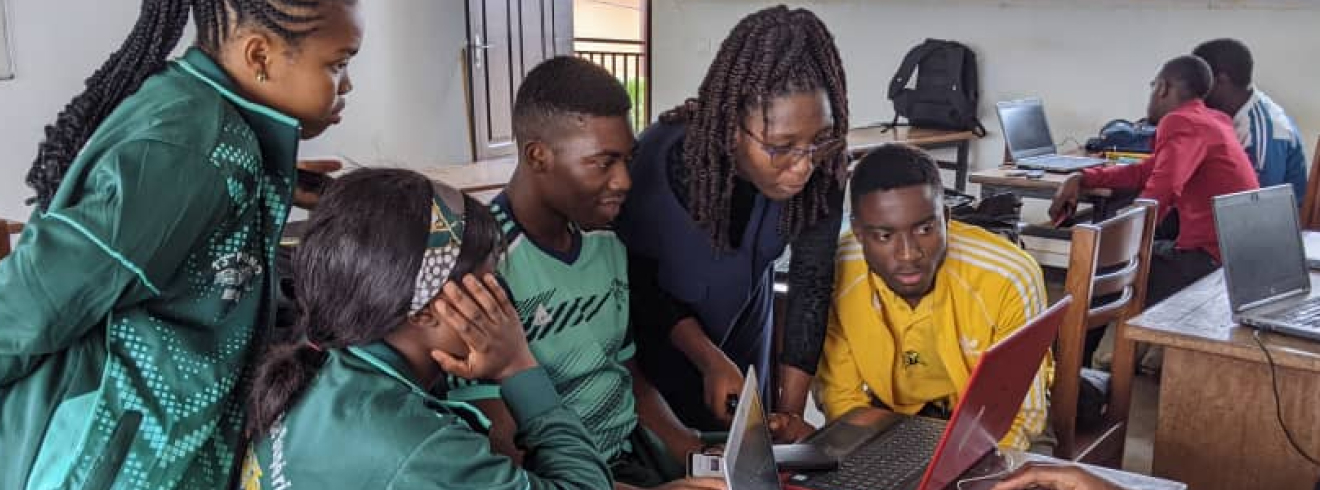
“Instead of better glasses, your network gives you better eyes.” — Ronald Burt
UNGSC values the unique perspectives, recommendations, and tangible support offered by our diverse networks and communities of practice. To learn more, consult the following list.
UN Mappers
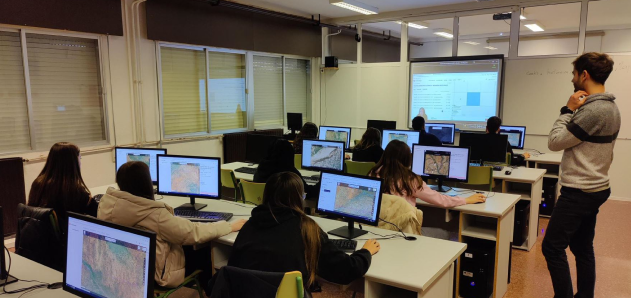
Mapping the World, Supporting Peace, Serving Humanity.
UN Mappers is a community of digital volunteers who collect, validate, and disseminate open geospatial data in support of UN operations worldwide. By providing more accurate location data, UN Mappers help decision-makers, field personnel, and humanitarian actors to better understand complex issues and help the UN respond more effectively to crises. Everybody can become a UN Mapper, accessing learning tools to produce data collaboratively and making a positive impact on the world. For more information, contact un.mappers@un.org or visit the UN Mappers website.
Gender Coordination Team
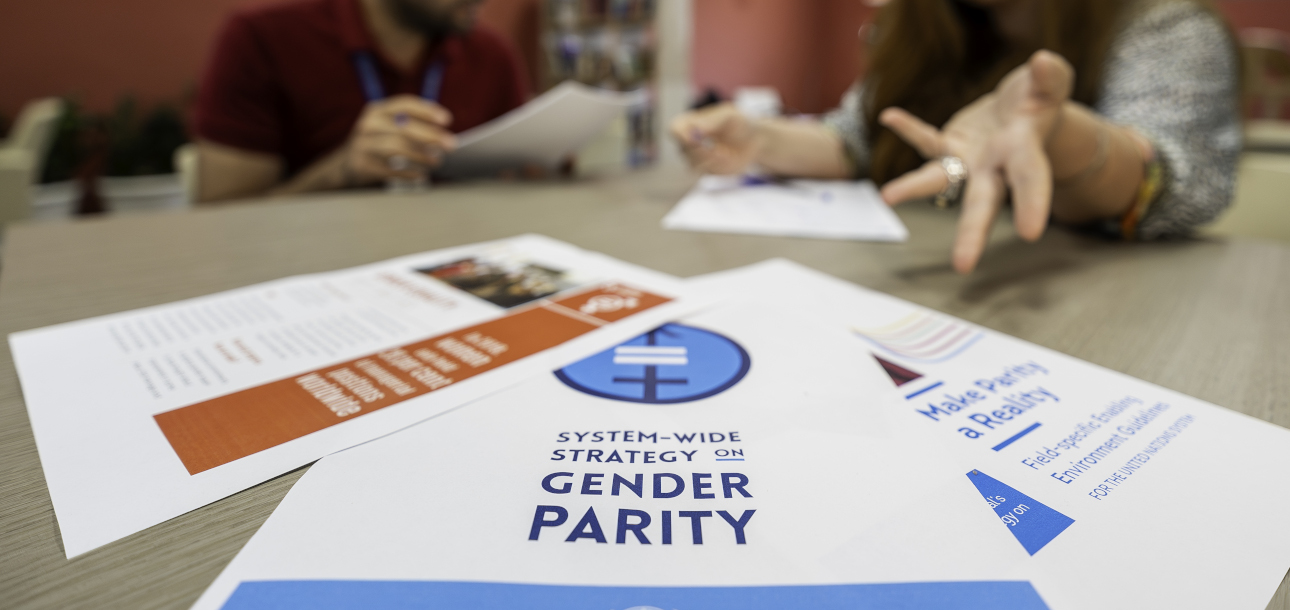
Advancing Sustainable Development Goal #5 on Gender Equality.
The Gender Coordination Team is crucial to strengthening UNGSC’s action around Gender Equality and the Empowerment of Women (GEEW) and gender mainstreaming within the organization. Comprised of volunteers from within the UNGSC staff community, the Team works to increase sensitivity, understanding, and knowledge about gender equality, by implementing activities within the framework of policies, programmes, and projects. The Team also organizes communications initiatives; gender mainstreaming training; cultural events; sensitization campaigns; organization-wide webinars featuring expert discussants; and other interactive modalities. For more information, contact Carlotta Rizzo rizzoc@un.org.
Environment Community of Practice
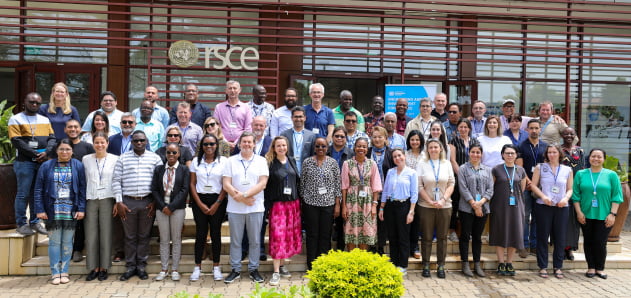
Supporting Peace Operations progress on strategic environmental objectives.
With the launch of the Environment Strategy for Peace Operations in 2017, three technical communities of practice were initiated by the environmental technical team in UNGSC. The aim was to support field missions’ progress in meeting energy, water, wastewater, and solid waste objectives by sharing best practices, facilitating broad consultation, and disseminating crosscutting information. The community features cross-functional practitioners from a range of technical and management areas (e.g., engineering, fuel, environment, asset management, procurement, contingent owned equipment) at different levels of seniority, from both UN Headquarters and the field. The community numbers more than 320 and meetings take place every two months. This network has been instrumental in ensuring that all strategic guidance on environmental matters has been field-centric and practical, taking into account the complex operating conditions of peace operations. For more information, contact environmental@un.org.
FRIM Community of Practice
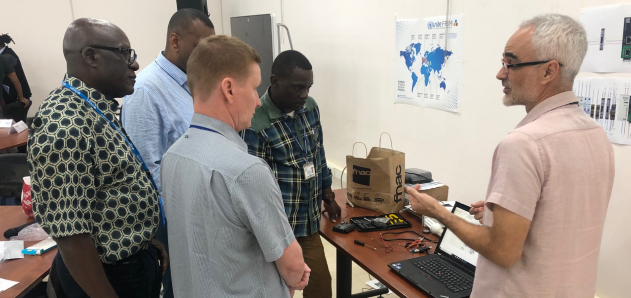
Enabling information sharing and standardization for Unite FRIM users worldwide.
The Unite FRIM (Field Remote Infrastructure Monitoring) Community of Practice (CoP) provides standardization information to the wide range of stakeholders involved in the implementation of Unite FRIM, a platform for automated data collection, life support systems, and infrastructure monitoring for UN missions worldwide. Through the CoP channels on Microsoft Teams and SharePoint, engineers and technicians across the globe can share knowledge, lessons learned, and new developments. From technical discussions to workshops, special events, technical support, and the Unite FRIM System Catalogue, the CoP is a practical, dynamic, and expanding resource hub with over 400 members. A Microsoft Stream channel with training videos, and updates is also available. The public Teams site can be accessed by everyone. For more information, contact unitefrim.pmo@un.org.